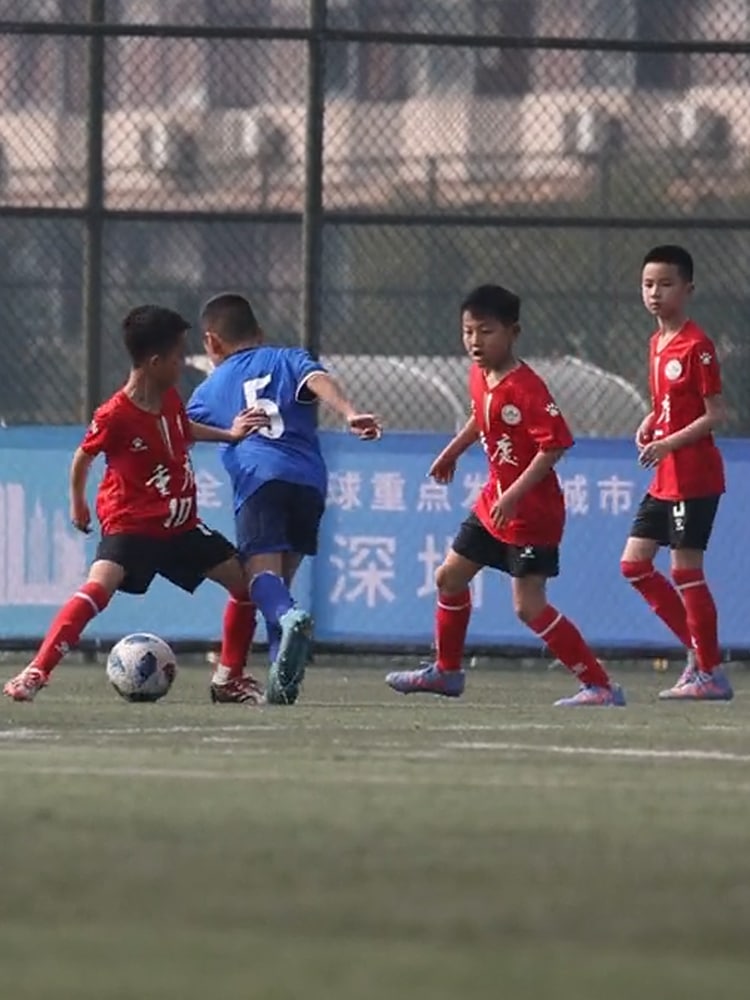

Unveiling China's Sporting Renaissance: A Tech-Driven Journey towards a Healthy Nation
China, a nation renowned for its rapid technological advancements, has been making remarkable strides in the realm of sports. With an extensive network of state-of-the-art venues and infrastructure, robust government investments, and innovative sports tech implementation, China is fostering a thriving sports environment.
State-of-the-Art Venues and Infrastructure
China boasts an impressive number of sports venues and infrastructure that cater to various athletic pursuits. As of 2013, the country has more than 169,000 sports stadiums, and the number is projected to reach 283 thousand by 2025. These modern facilities accommodate sports ranging from traditional disciplines like table tennis and martial arts to international favorites like football, basketball, and swimming.
Government Investment in Sports
The Chinese government recognizes the significance of sports in fostering a healthy and active society. To this end, the government has been actively investing in sports development and infrastructure. Over the last few decades, China has allocated substantial funds towards sports initiatives, and it now aims to make sports a driver of economic growth. Authorities have an ambitious plan to make sports into a 5 trillion yuan ($773 billion) industry by 2025, a 70% increase from 2019 levels. This could make it a potential driver of the economy, a job creator, and an attractive area for investment. Furthermore, the General Administration of Sport (GAS) of China is also planning to launch a government-backed sport industry investment fund to boost sport-related businesses and brands.
China’s 30-year football plan, launched in 2015, is a testament to the country’s commitment to developing football talent and enhancing the sport’s popularity. This ambitious $50 billion dollar initiative aims to make China a “world football superpower” by 2050. The plan includes getting 50 million children and adults playing the game by 2020 and having at least 20,000 football training centers and 70,000 pitches in place by the same year. The plan also sets out short, medium, and long-term targets, including that by 2030 there should be one football pitch for every 10,000 people, the men’s football team should be one of the best in Asia, and the female football team should be ranked as a world-class team.
Strategic Initiatives for Women, Youth, Academies, and Grassroots
Inclusivity and development are at the core of China’s sports policy. The nation is dedicated to nurturing talent from a young age through sports academies and grassroots programs.
The Chinese government is investing in under-18 sports initiatives, with the goal of identifying and developing future sporting stars. In 2019, the government launched the “National Under-18 Sports Talent Development Plan,” which has invested billions of dollars in training programs and competitions.
The “pay per play” model is another innovative approach adopted in China, making sports facilities more accessible to the public. Under this model, individuals can utilize sports facilities and venues by paying a nominal fee, encouraging greater participation and fostering a culture of fitness and building a sports community.
Tech-Driven Sports Transformation
China’s prowess in technology has also influenced its sports landscape significantly. The Chinese government is investing heavily in sport tech, with the goal of developing world-leading sports technology companies. In 2016, the government launched the “National Sport Tech Innovation Plan,” which has already invested $10 billion in research and development to help revolutionize the way sports are played, watched, and analyzed. One such example is the use of advanced video analysis technology as offered by Pixellot.
Baidu’s Collaboration with Pixellot
Baidu, a tech giant in China, has been actively collaborating with Pixellot from the company’s early days to enhance sports broadcasting and accessibility. At the end of 2022 Pixellot signed a strategic deal with the Chinese tech giant to create an AI-powered ecosystem for video broadcasting and analysis enabling thousands of hours of live sports coverage and offering fans, players, and coaches access to high-quality content seamlessly.
Promotion of Sports in Chengdu as a Smart City
Chengdu, one of China’s prominent smart cities, has taken an innovative approach to promote sports and wellness among its residents. The city government has integrated sports facilities, technology, and data-driven solutions to encourage a healthy lifestyle and part of this project will be facilitated using Pixellot’s technology. Chengdu has invested heavily in sports infrastructure and facilities to ensure that its citizens have access to a wide range of activities and sports options.
China’s sports environment stands as a testament to the nation’s commitment to fostering a healthier and more active society. With its state-of-the-art venues, substantial government investments, and innovative sport tech implementation, China is witnessing a sporting renaissance. The strategic focus on women, youth, academies, and grassroots development, exemplified by initiatives like the 30-year football plan and the “pay per play” model, is shaping the future of sports in the country. Additionally, the collaboration between Baidu, Pixellot and Chengdu’s smart city promotion of sports underscores the transformative power of technology in the sporting landscape. As China continues to invest in sports and wellness, it sets a precedent for a healthier and more inclusive sporting culture for generations to come.



